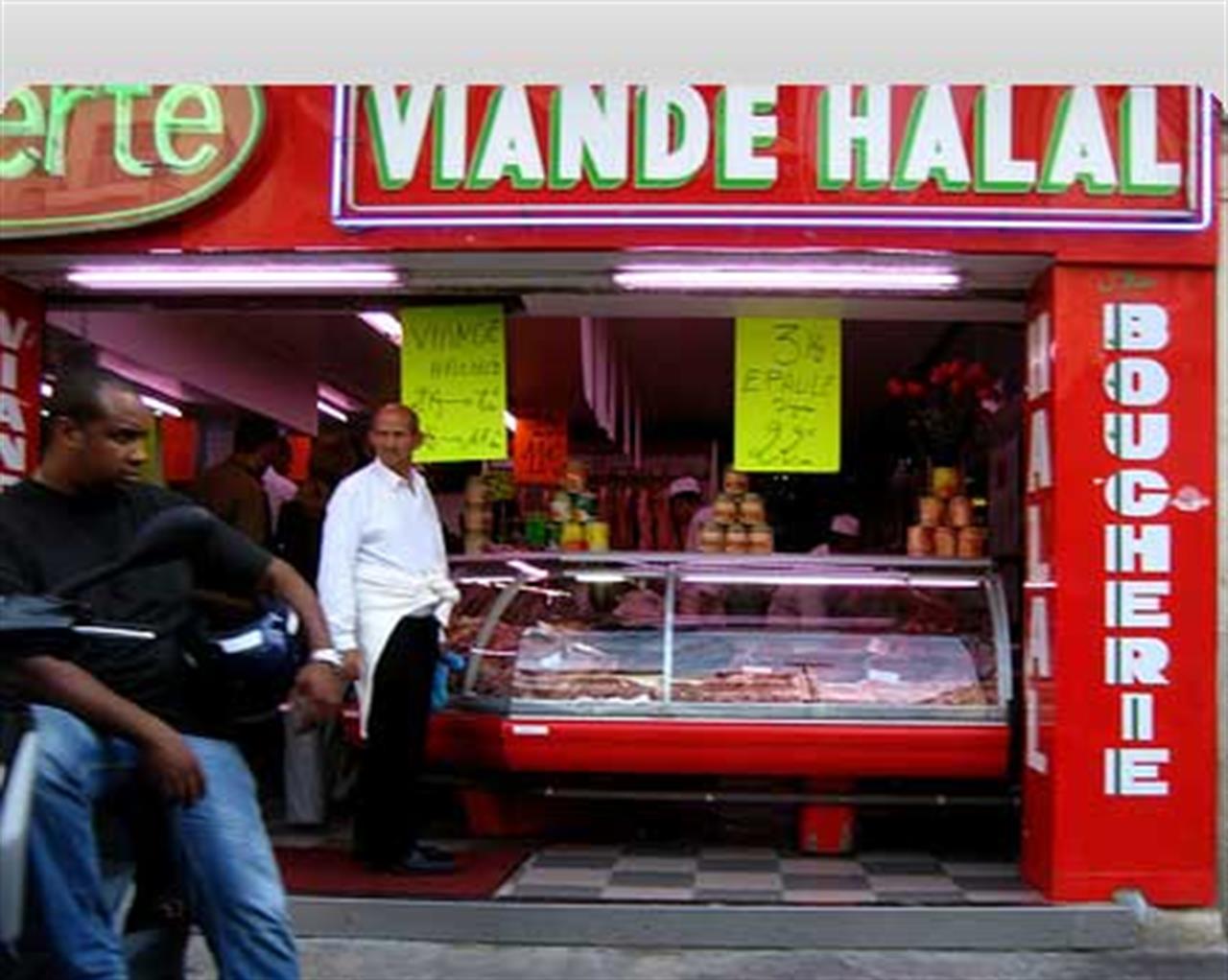Non profit
Integration – food’s way
Halal meat in France's biggest food chains is expressing the identity of a large consumer-part of the population
di Rose Hackman

Slaughtered swiftly with a knife to the neck, facing Mecca, in the name of Allah. Instant and painless. This is an outline of the method of dhabiha, which enables a meat to be certified as halal – or permissible in the Muslim faith. Its practice is gaining territory in all corners of the world.
The market of halal meat is growing particularly fast across Europe, and nowhere more so than in France.
Recently the Quick fast food restaurant – a French take on Mc Donald’s – changed its policy to exclusively serving halal meat in eight of its national branches. In one of the chosen cities of Roubaix, northern France, the local mayor René Vandierendonck has spoken up against the move, describing it as “discrimination”. He has filed for a lawsuit.
Over the road, at Casino, one of the biggest supermarket chains in France, entire aisles have been dedicated to foods of halal origin. The supermarket has even introduced a cheaper brand of its own called Wassila, available in stores nationwide.
But these are just syndromes of a much larger phenomenon affecting the hexagon.
According to Solis, a company which specialises in ethnic marketing, the halal market is enjoying a boom of 15% per year and should take on a value of 5.5 billion euros in 2010. World Halal Forum statistics are even more impressive, stating a value of 17 billion dollars. As for Europe, the figure put forward is of 67 billion dollars.
Being ignored or misunderstood by politicians may be a cause for complaint by the Muslim community in the country of the baguette and the beret hat, which recently stood up against conservative Islamic women’s wear – but in a capitalist society, economic potential does not go ignored. Indeed, the halal sector has long overtaken the organic one prized by the mamans in the 16th Parisian arrondissement. And it is nowhere near stopping either.
Last November, the World Halal Forum held its first regional edition for Europe in The Hague, Netherlands. Its aim was to explore the potential of the industry and address the “huge gaps between the existing trade level of halal products and size of the market potential.”
One of the hot topics during the meet was that of developing a halal producing industry within Europe, instead of solely relying on imports.
Far from being revolutionary, the widespread implementation of the practice on Europeans’ doorsteps has been a long time coming. Over five million Muslims populate France – with a large generation of young amongst them who want to keep up with their customs.
Will this facilitate their integration by normalising generally perceived foreign practices? Or will this just contribute to firing up an already lively debate surrounding Islamisation?
Si può usare la Carta docente per abbonarsi a VITA?
Certo che sì! Basta emettere un buono sulla piattaforma del ministero del valore dell’abbonamento che si intende acquistare (1 anno carta + digital a 80€ o 1 anno digital a 60€) e inviarci il codice del buono a abbonamenti@vita.it
